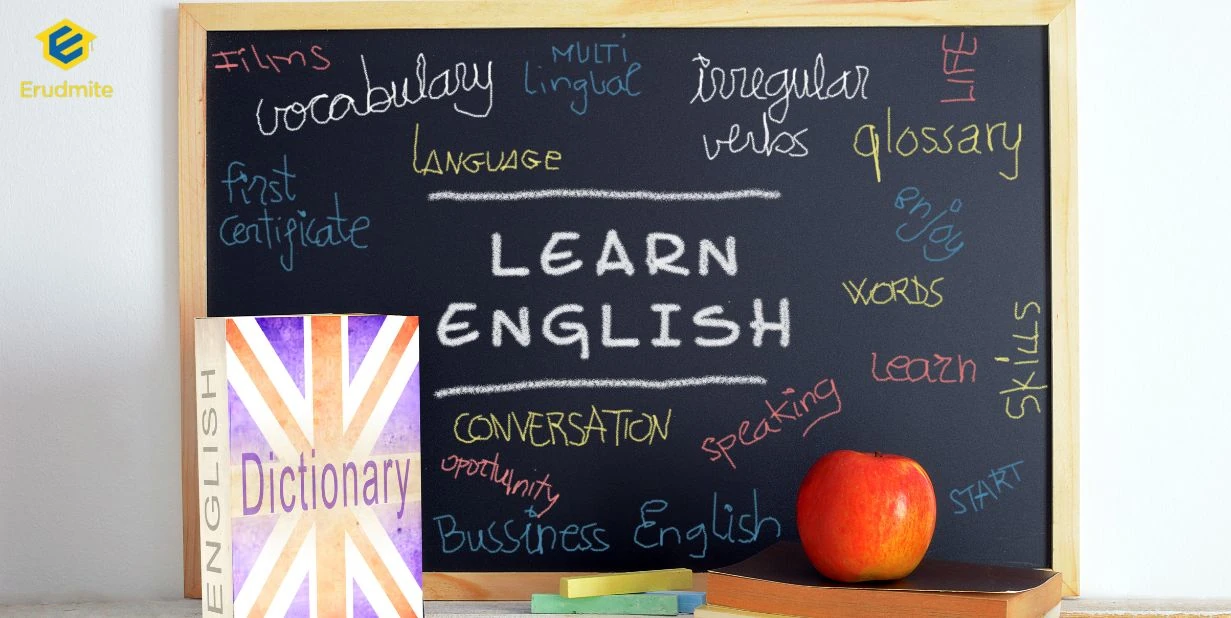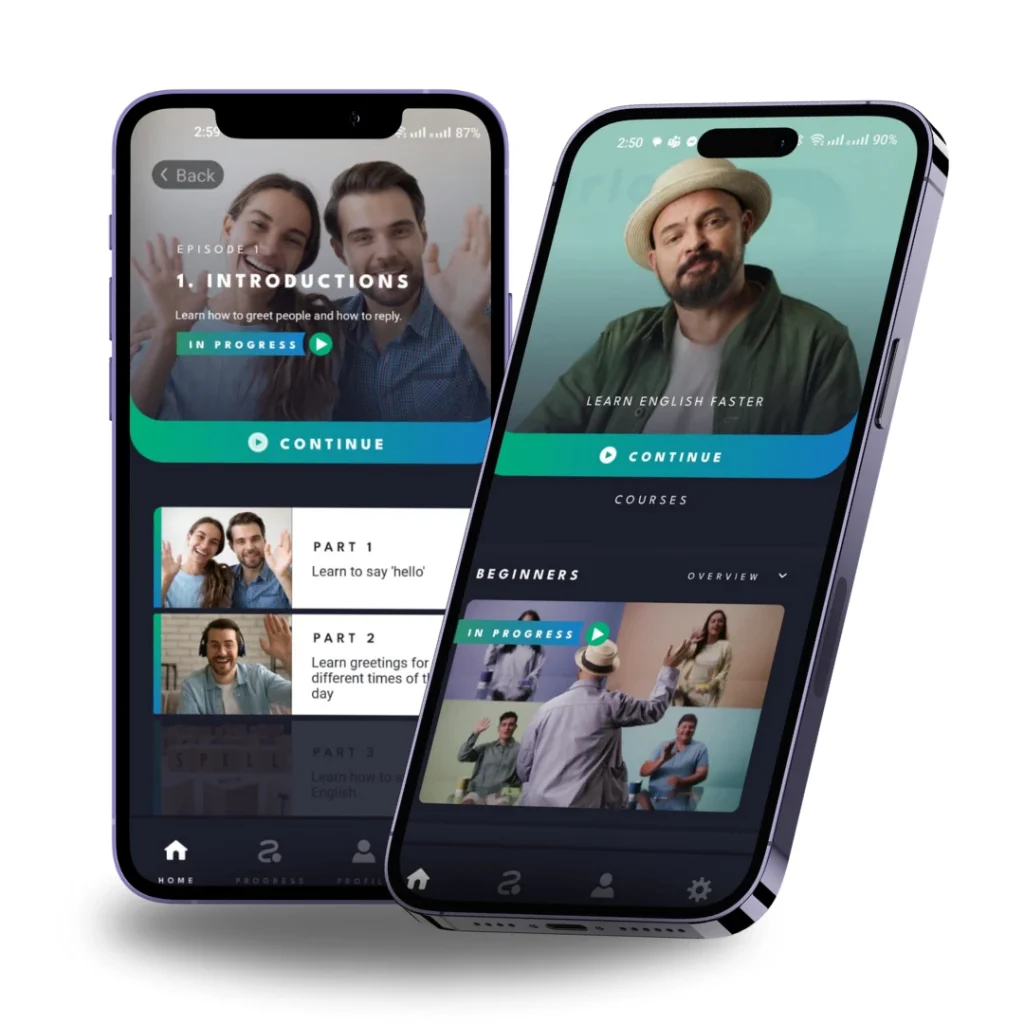In today’s globalized world, education is the key to unlocking a world of opportunity. But within the vast educational landscape, one subject stands out as a cornerstone for academic excellence: English. While some may view English as simply a means of communication, its impact extends far beyond basic language skills. A strong foundation in English empowers students to become critical thinkers, effective communicators, and successful learners across all disciplines.
The Bedrock of Critical Thinking
Critical thinking is the ability to analyze information, identify biases, and form well-reasoned arguments. English, with its rich vocabulary and complex sentence structures, provides the tools necessary to dissect information and express ideas with clarity and precision.
- Reading Comprehension: Through exposure to diverse texts, from classic literature to scientific journals, students develop the ability to grasp complex concepts, identify underlying meanings, and analyze the author’s purpose.
- Argumentation: English fosters the ability to construct logical arguments. Analyzing persuasive essays, debating current events, and writing critical reviews all hone the skills needed to evaluate evidence, identify logical fallacies, and defend a well-supported position.
- Problem-Solving: English helps students approach problems systematically. By deconstructing word problems in math, analyzing case studies in history, or formulating research questions in science, students develop the critical thinking skills necessary to tackle challenges across academic disciplines.

English: The Power of Effective Communication
Communication is the cornerstone of human interaction, and strong communication skills are essential for success in all walks of life. English, with its vast vocabulary and flexible grammar, empowers students to articulate themselves clearly, confidently, and persuasively in various settings.
- Written Communication: From crafting clear and concise essays to composing persuasive emails, English equips students with the written communication skills needed to excel in academia and the workplace.
- Oral Communication: Effective oral communication allows students to articulate ideas during presentations, participate actively in class discussions, and confidently express themselves in interviews and professional settings.
- Multilingual Skills: Mastering English opens doors to learning other languages. The foundation in grammar, sentence structure, and vocabulary transfer readily to other languages, fostering a deeper understanding of communication itself.

Ready to take your English speaking to the next level?
Parlo offers an engaging and interactive way to learn English. With bite-sized video lessons and real-world conversation practice, you can develop your fluency and confidence at your own pace. There are three levels – Beginners, Elementary, and Intermediate. Each level has twenty-four episodes. Each episode is divided up into parts. Each part has activities in reading, listening, speaking, and spelling.
Sign up for a free trial of Parlo today and see how it can help you achieve your communication goals!
The Gateway to Lifelong Learning
English serves as the gateway to a vast reservoir of knowledge. Countless resources – from academic journals and scientific reports to historical documents and literary masterpieces – are primarily written in English. A strong grasp of the language allows students to independently access this knowledge base, fostering a spirit of lifelong learning.
- Research Skills: English equips students with the ability to navigate complex research materials, understand technical terminology, and critically evaluate the information they encounter.
- Independent Learning: With proficiency in this language, students can delve into topics beyond the confines of the classroom, reading scholarly articles, exploring online resources, and engaging in self-directed learning.
- Global Collaboration: English is the lingua franca of the academic world, facilitating collaboration with researchers and scholars from around the globe.

Beyond the Textbook: Expanding the Horizons
Learning this language should not be confined to the pages of a textbook. Engaging activities and a focus on real-world application can spark student interest and make learning more effective.
- Interactive Learning: Games, simulations, and project-based learning can transform English lessons into dynamic experiences that encourage participation and collaboration.
- Technology Integration: Technology can be a powerful tool for learning English. Utilizing educational apps, online resources, and multimedia presentations can cater to diverse learning styles and create a more engaging environment.
- Culturally Rich Literature: Exposure to diverse literature from around the world not only broadens students’ perspectives but also expands their vocabulary and understanding of different cultures.
Conclusion
In conclusion, a strong foundation in this language is not just about grammar and vocabulary; it’s about unlocking a student’s full academic potential. English equips students with the critical thinking skills to analyze information, the communication skills to express themselves effectively, and the tools for lifelong learning. By fostering a love for the language, educators can empower students to become independent learners, articulate communicators, and critical thinkers, ready to excel in a world brimming with opportunities.
